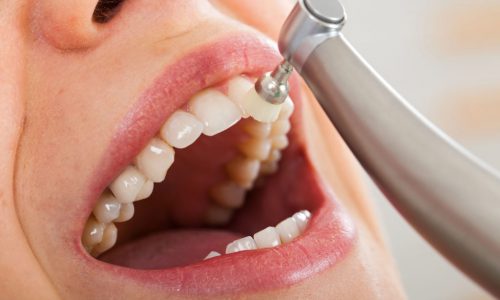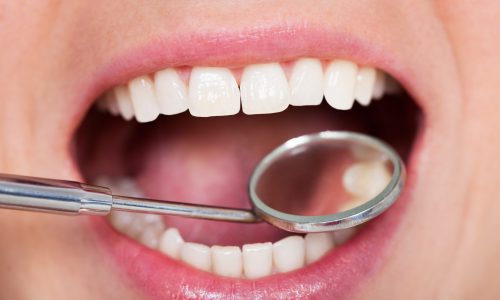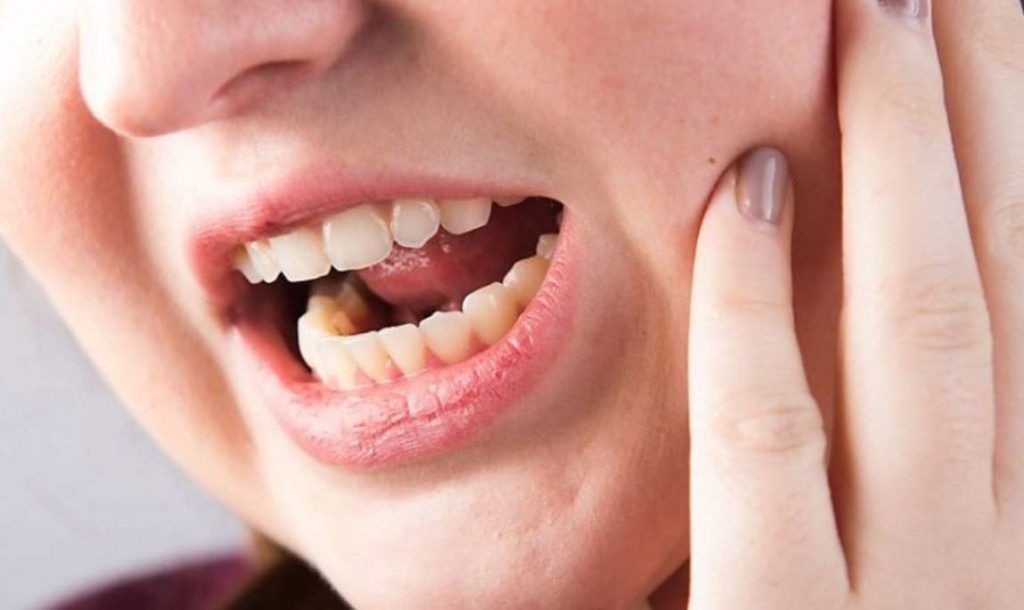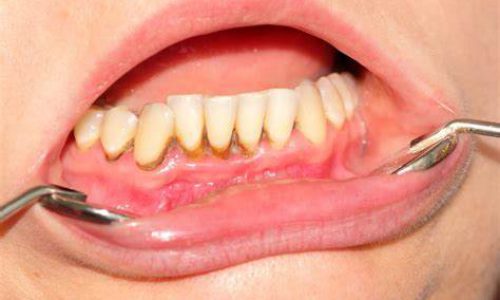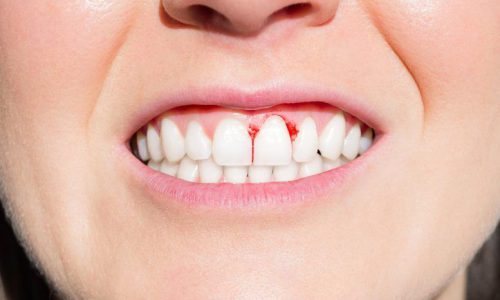Tartar
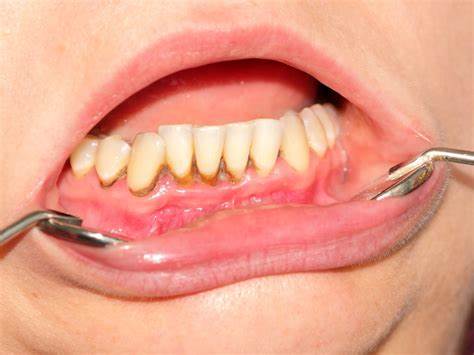
What Is Tartar?
Even if you take great care of your teeth at home, you still have bacteria in your mouth. They mix with proteins and food by products to form a sticky film called dental plaque. This gunk coats your teeth, gets under your gum line, and sticks to fillings or other dental work. Plaque carries bacteria that can damage tooth enamel and lead to cavities. But if you remove plaque regularly, you can prevent permanent tooth decay and gum disease.
CLICK TO BUY
Bigger problems arise, however, if plaque stays on your teeth and hardens into tartar. Tartar, also called calculus, forms below and above the gum line. It is rough and porous and can lead to receding gums and gum disease. It must be removed with special tools in the dentist’s office.
How Does Tartar Affect Teeth and Gums?
Tartar can make it harder to brush and floss like you should. This can lead to cavities and tooth decay.
Any tartar that forms above your gum line could be bad for you. That’s because the bacteria in it can irritate and damage your gums. Over time, this might lead to progressive gum disease.
The mildest form of gum disease is called gingivitis. It can usually be stopped and reversed if you brush, floss, use an antiseptic mouthwash, and get regular cleanings from your dentist.
If not, it can get worse, to the point where pockets form between the gums and teeth and get infected by bacteria. That’s called periodontitis. Your immune system sends chemicals to fight back and they mix with bacteria and the stuff it puts out. The resulting stew can damage the bones and tissues that hold your teeth in place. Also, some studies link the bacteria in gum disease to heart disease and other health problems.
COMMON TREATMENT
Brush regularly, twice a day for 2 minutes a time. A 30-second scrub twice a day won’t remove plaque or prevent tartar. Use a brush with soft bristles that is small enough to fit into your mouth. Be sure to include the hard-to-reach surfaces behind your teeth and on your rear molars. It must be removed with special tools in the dentist’s office.
SELF TREATMENT
As an Ayurvedic option you may take 2 pinches of YUNADENT powder on your left palm and with toothbrush in your right hand or with your right hand fore finger. Just Apply and rub YUNADENT POWDER for full long 2 minutes gradually on entire tooth line with some extra time on affected teeth twice a day. Twice means ; the first time after having your last meal of the day, before going to bed , and second time early morning, but after drinking 2 glasses of water , please repeat the same cleaning process as mentioned above.
This has been found that herbs used in YUNADENT has healed such problems up to a large extend from the root cause, & in most of the cases users were completely satisfied.
You should keep using YUNADENT on daily basis, for your daily oral hygiene, And motivate other family members to use YUNADENT, to avoid such problem as you suffered.
After using YUNADENT , you do not need to use any other tooth paste/ gel or powder at all.
- Choose tartar-control toothpaste with fluoride. Fluoride will help repair enamel damage. Some products have a substance called triclosan that fights the bacteria in plaque.
- Watch your diet. The bacteria in your mouth thrive on sugary and starchy foods. When they’re exposed to those foods, they release harmful acids. Try to eat a healthy diet and limit the amount of sugary foods you eat. That goes for snacks, too. Every time you eat, you also feed the bacteria in your mouth. You don’t have to give up sweets or between – meals munches. Just be mindful about how often you indulge. Brush and drink plenty of water during and after meals.
- Don’t smoke. Studies show that people who smoke cigarettes or use other tobacco products are more likely to have tartar.


